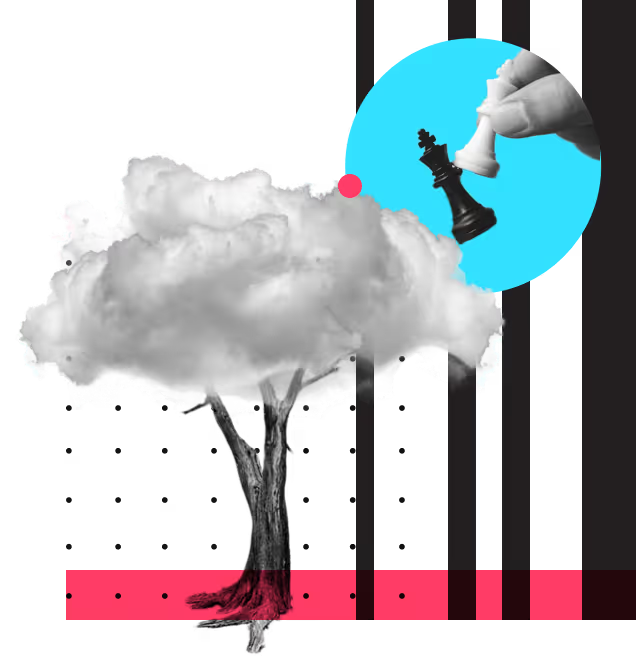Get tips from the experts to optimize and scale paid advertising campaigns for ecommerce.

Master Google Ads for automotive products with targeted strategies that boost sales and ROI. Learn to leverage campaign structures, bidding strategies, and ad content that resonates with auto parts buyers.